As technology advances, the art of hand made prints is becoming increasingly treasured. For collectors and connoisseurs, vintage prints offer a window into the past, both in terms of the motifs and the techniques used to create them. One of the greatest appeals of vintage prints is the associated opportunity to own and preserve a piece of history.
Rare collection of vintage prints
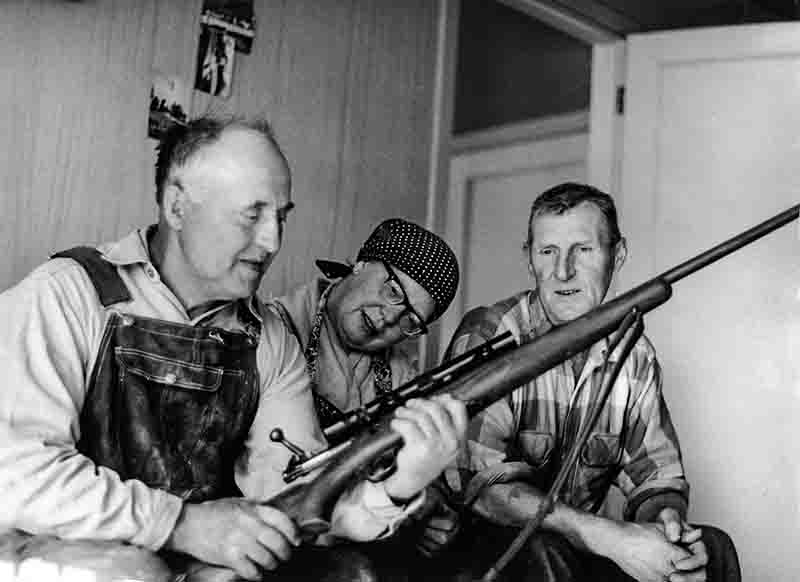
A photographer takes a photo, develops the film and makes a print from the negative, all in immediate succession and without significant time delay.
This is how the term vintage print can be defined in its essence. However, this definition is incomplete, as the overall process is more substantial.
Let me share my 20 year experience about the ongoing discussion about one of the unsolved mysteries in the world of photography. What is a Vintage Print? and why it is worth knowing.
Rare Print = High Price
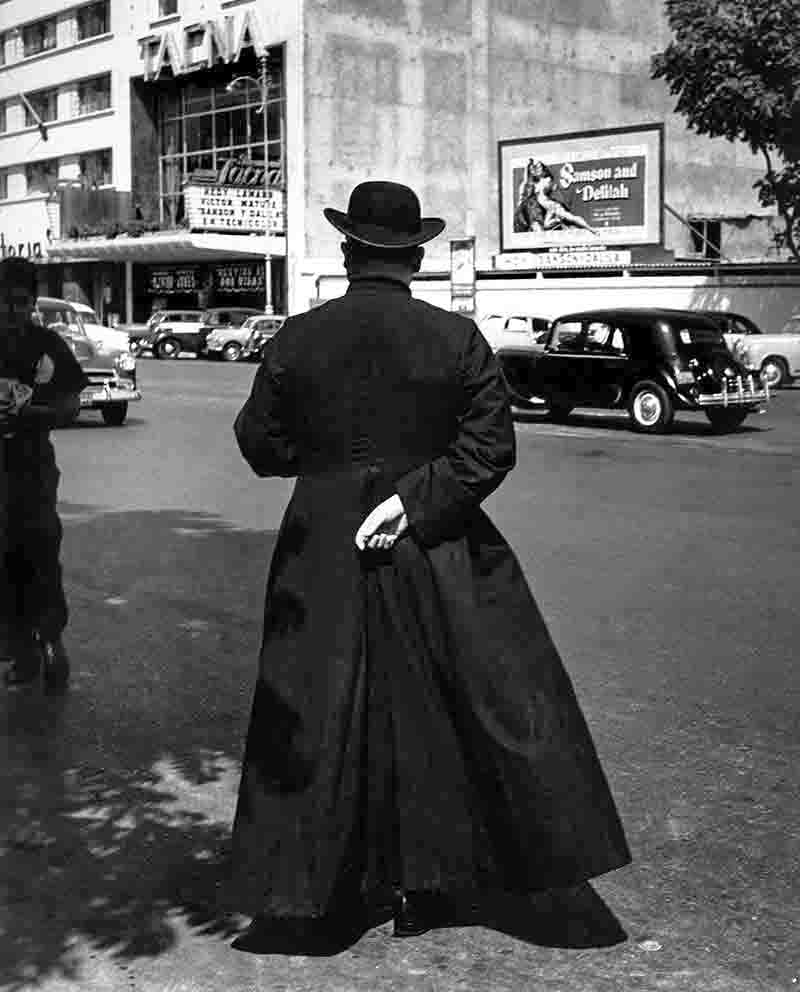
When I started working on the photographic archive of German Photo Reporter Peter Bock-Schroeder (1913-2001) in 2003, my first priority was to sort, archive and understand the estimated 1.000 Vintage Prints in the collection Bock-Schroeder.
What does vintage print mean ?
- A vintage print is a print made soon after the image was shot
- Vintage prints are considered the original piece
- Vintage prints are rare
- Vintage prints increase in value over time
- It is important to note that all prints I refer to as vintage, were made before 1970
I found out very quickly, that the prints my father had made in the 1950s had sparked the most interest among traditional fine art galleries for photography, photo experts and collectors.
Treasures for art and photography lovers
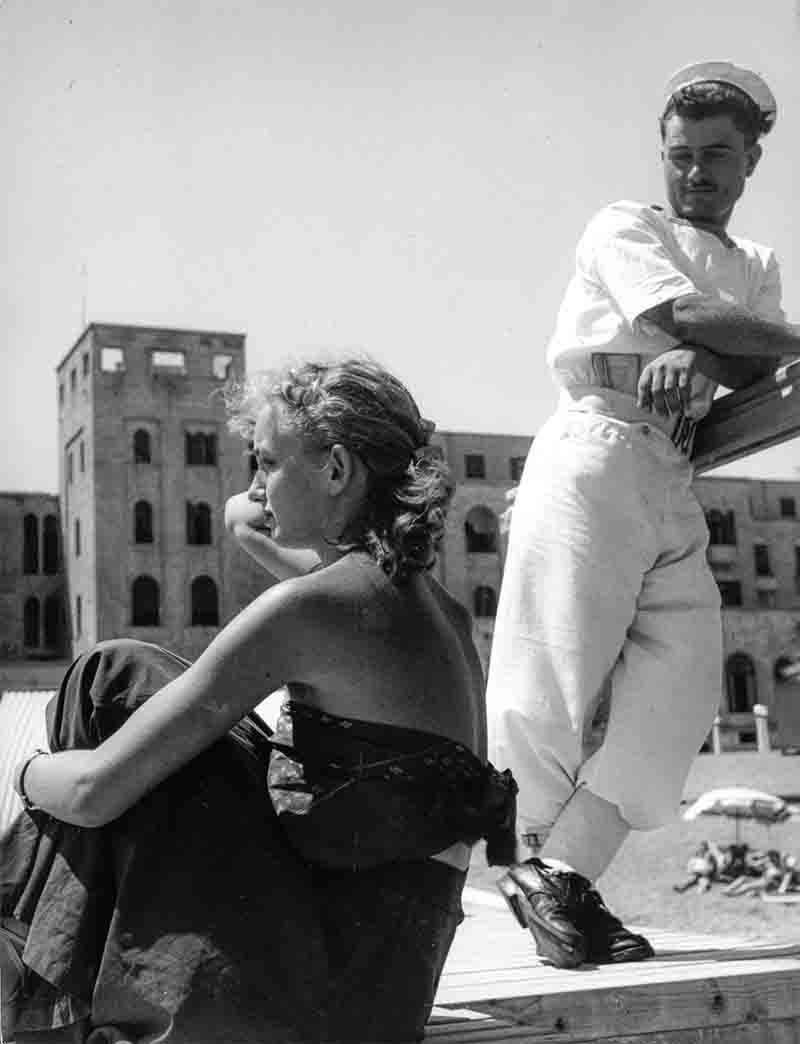
The Mandraki harbour was established in 408 BC along with the ancient city. It is said that the Colossus of Rhodes once stood on the site where Grand Master Philibert de Naillac (1396-1421) erected the fortress of Ãgios Nikolaos.
At the beginning of the new millennium, no one was interested in newly printed works, so-called Modern- or Estate Prints, and the internet was not yet a significant factor in the fine art photography market.
Evidently, individuals in the fine art photography industry were not inclined to review images published on a website, via email, or in any other digital format.
Valuable Photo Prints
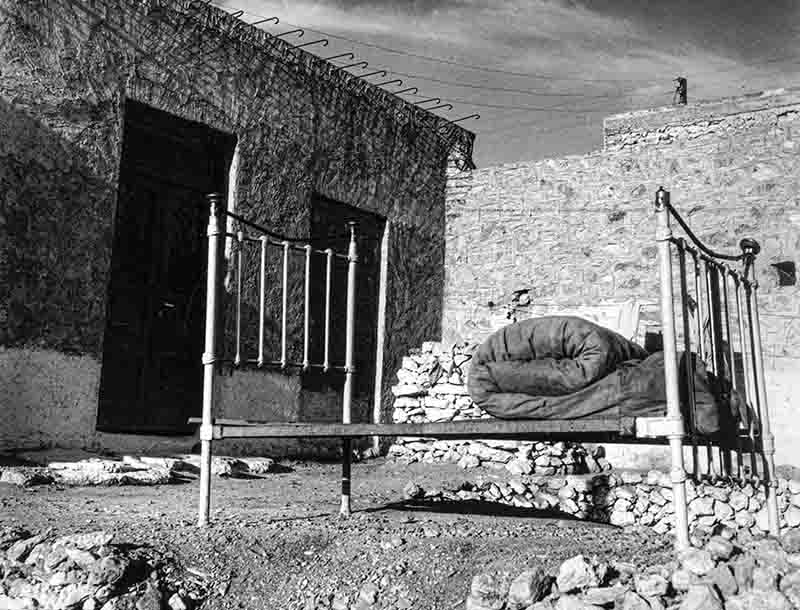
Photography is a unique medium of individual expression. In the 1920s, it became so triumphant that Marcel Duchamp hoped it would "make people lose interest in painting."
And, so I started traveling the world with a box of vintage prints. I visited art galleries in New York, Los Angeles, Houston, London, Paris and Berlin. After some initial distrust, most of these photo dealers opened their doors for me. I received good advice and sold some prints.
Non-digital photography world
As already mentioned, the Internet did not play a role in the photo art market in the early 2000s. By entering "vintage" as a search term, one would at best receive some information related to historic automobiles rather than photography.
All this has changed dramatically, and today the search engines are full of results, explaining what a vintage print is.
Identifying vintage prints

Most explanations are technically sound, however, some of the information available online is incomplete and at times just plain incorrect. It also seems that everybody is copying from each other, and that the actual answer to the question is not explanatory, but rather misleading.
This has led to the widespread appearance of fraudulent vintage prints on today's photographic market as a result of negligence in research and a lack of expertise.
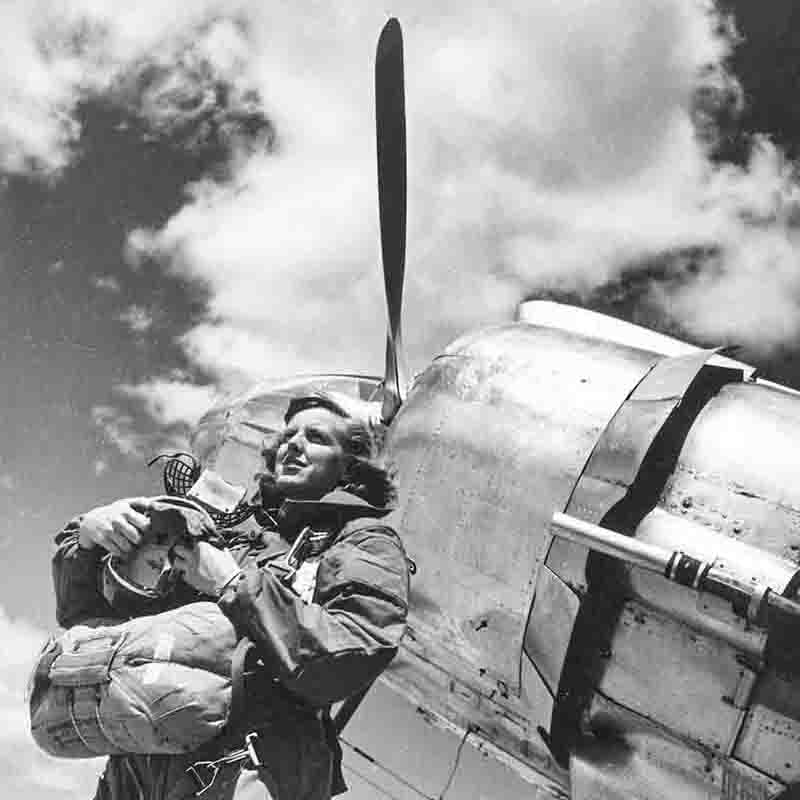
In addition, individual experts insist on having the last word on the subject, so that various positions are published online, which in some cases are not congruent and in others are simply inaccurate.
That's why I now try to clarify the question of what a Vintage Print really is, in a practical and relevant way, using only the works from the Bock-Schroeder collection as an example.
Authentic vintage prints
In the 1950s Peter Bock-Schroeder traveled the world with his Rolleiflex and Leica Cameras. He developed the films either when the opportunity arose, or after returning to his home base.
After viewing the negatives he would present his work to the various magazines he was working for, and to photo agencies who represented him.
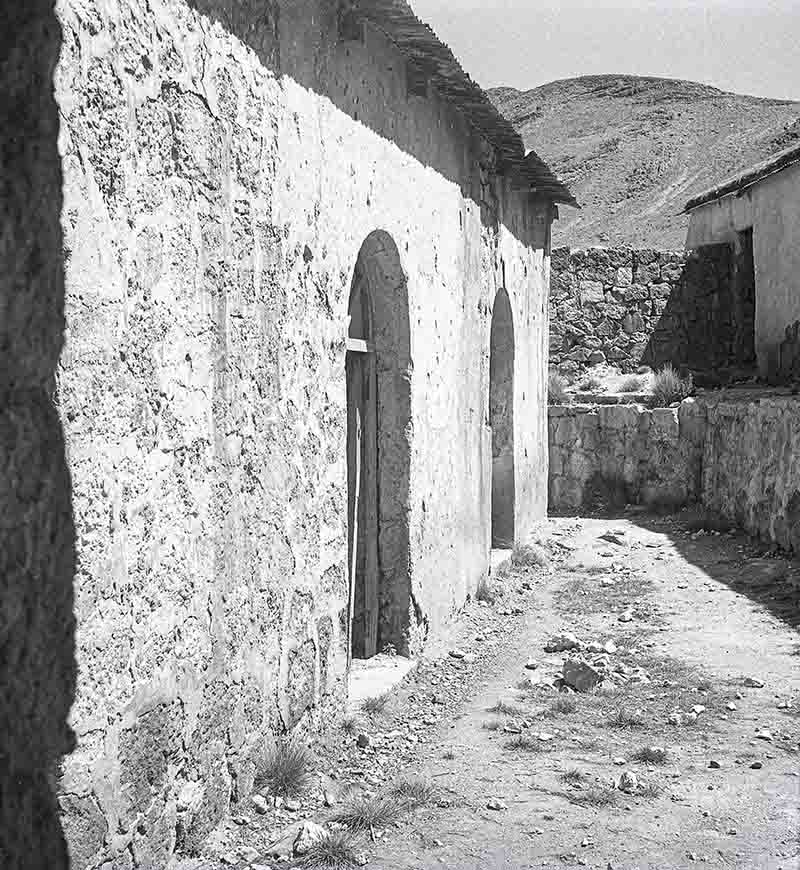
The mother of the late Maria Isabel Albina Patiño y de Borbón-Goldmith (1935–1954) was born in this barn-like shelter. No inscription commemorates the fact that the beginnings of immeasurable wealth were built from here.
Whenever a story with his pictures was agreed to be published, the editors asked for so-called Press Pictures , to print the story. Now my father went into the darkroom and enlarged the requested images.
On the back of each silver gelatine print he put his copyright stamp, sometimes a description and a signature, and then sent them to the publishing houses.
After the photos went through a photo-mechanical transfer process, also know as PMT, by the graphic editors of the magazines, the originals were sent back to Peter Bock-Schroeder. These photographic prints are vintage prints.
Collecting vintage prints
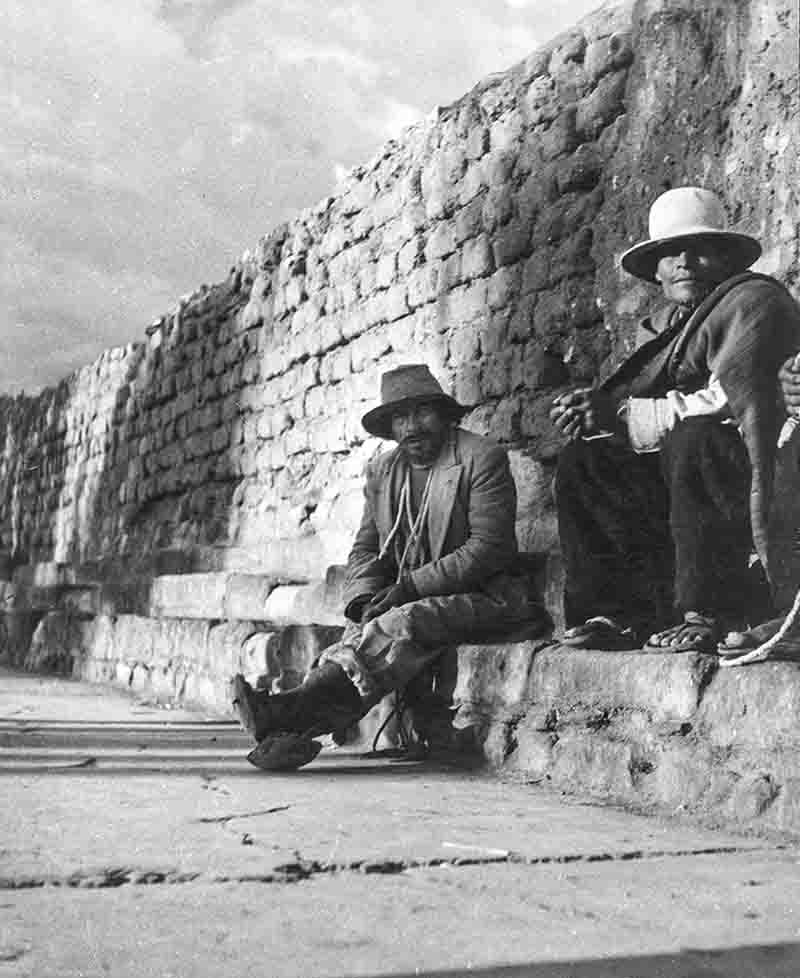
The offerings available online are saturated with so-called "originals", but many of them are at best reproductions, of classic material and by no means genuine and valuable objects.
Due to the unique nature of vintage prints, there is a risk of purchasing counterfeit or reproduction prints, which can be misleading and diminish the value of a collection.
Accurate and honest advice is essential when collecting fine art photography, especially when buying vintage prints and particularly when shopping for art online.
All vintage photos from the Bock-Schroeder collection are genuine one-offs and were crafted by Peter Bock-Schroeder.
Vintage prints are an excellent example of the artistic and craftsmanship of photography. They are a meaningful asset, both economically and in terms of their historical merit.
9 Reasons to buy Vintage Prints:
-
Vintage Prints represent a particular moment in time that cannot be replicated.
-
They are more labor-intensive and require greater skill than modern printing methods. These prints were created using traditional photographic processes, such as silver gelatine prints, which have a unique texture and tonality that sets them apart from modern printing techniques.
-
Analog vintage prints are of higher quality and have greater detail and depth.
-
Many vintage prints were made in limited numbers, and over time, many of them have been lost or damaged. This means that the ones that have survived are highly prized by collectors. They are often highly sought after by collectors and can be valuable investments.
-
The value of vintage prints is likely to continue to rise as interest in photography as an art form grows, and as more people appreciate the historical and artistic significance of these important pieces of cultural heritage.
-
Vintage prints are one-of-a-kind objects that have survived the test of time and carry with them the memories, emotions, and stories of their creators. By understanding the characteristics and value of vintage prints, collectors can appreciate and preserve these unique art objects for generations to come.
-
They capture a moment in time that is now long gone, and they often exhibit a sense of nostalgia, history, and charm.
-
Whether you're an art collector or a lover of photography, vintage prints offer a unique opportunity to own a piece of history. These prints are not only beautiful but also serve as a reminder of the artistry and skill required to produce such stunning images.
-
Vintage prints are a true testament to the artistry and craftsmanship of fine art photography.